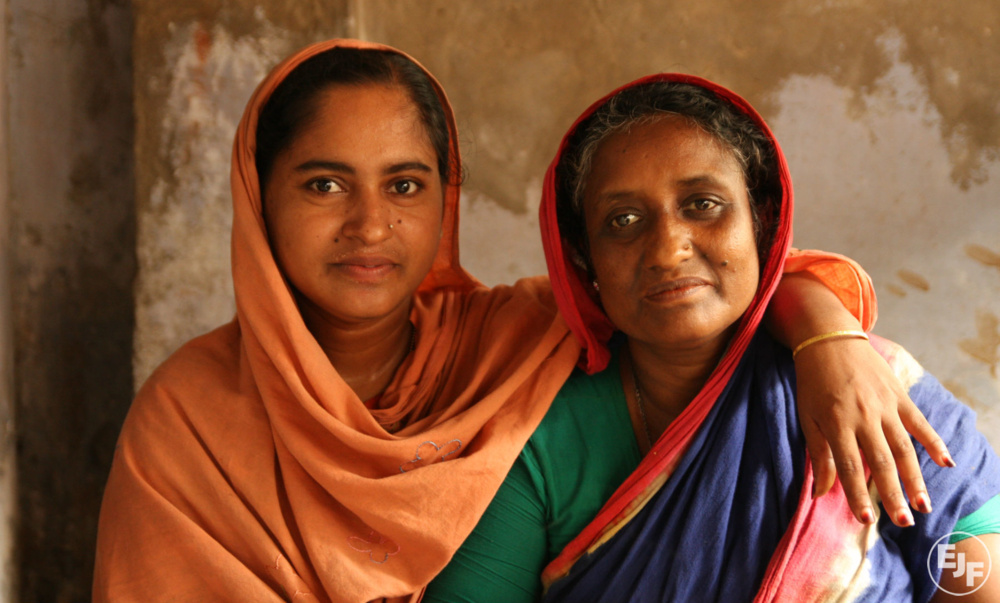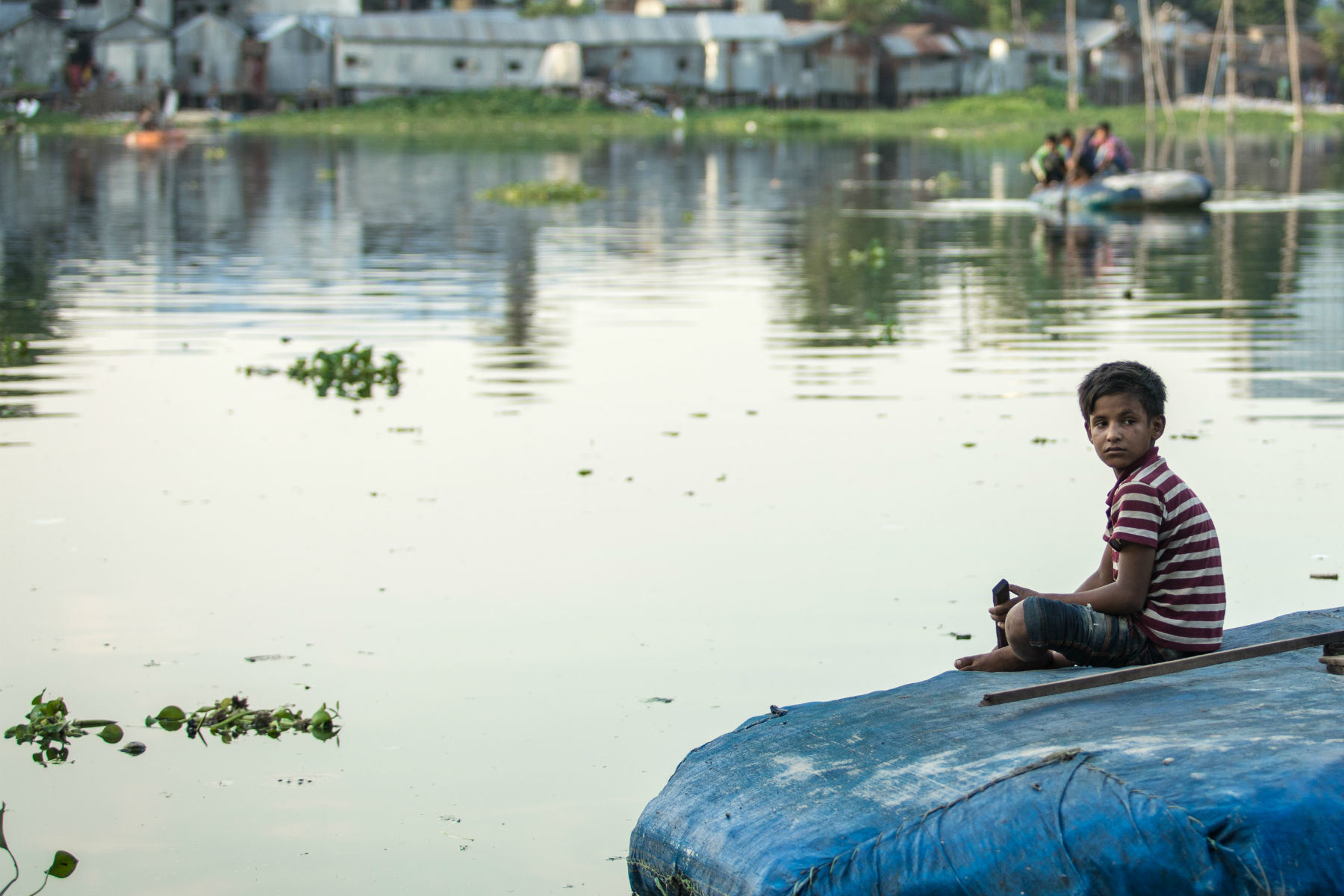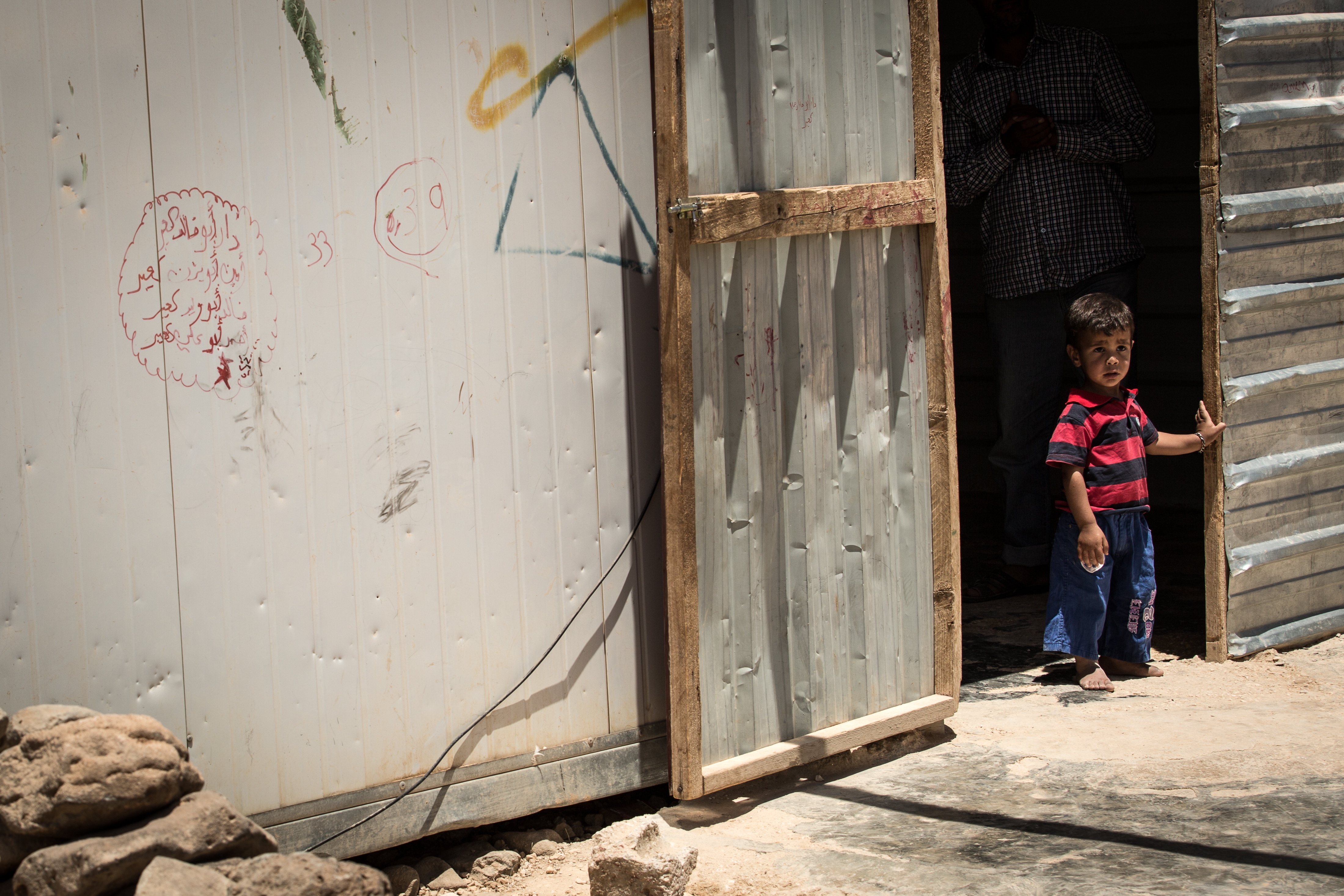
European Parliament urged to make a stand for climate refugees
The European Parliament has the chance to stand up for climate refugees this week and take a positive step for climate justice.
By voting on Tuesday 16 January to support a resolution that highlights the vulnerability of women and girls, who are disproportionally affected by climate change, MEPs can show the world they are serious about protecting climate refugees and those who are commonly impacted first and worst.
EJF has been calling for the legal recognition and greater protection of climate refugees, and urges the European Parliament to vote in favour of the resolution, which has been initiated by Swedish MEP Linnéa Engström, resulting from her report on this issue for the European Parliament.
The resolution calls on the EU to make sure that climate change is recognised as a driver of migration, as well as establishing a panel of experts to examine the issue at international level. The resolution also makes clear that the Parliament is open to a debate on how to respond to climate migration.
Steve Trent, Executive Director of EJF said:
“A positive vote today would be a very welcome message from the European Parliament. Acknowledging that climate change drives migration is an essential first step towards climate justice, and the suggestion of an expert panel is also good news —EJF has been calling for an international agreement that will confer legal status and rights and ensure the protection of climate refugees for some time, and this could be an important step towards such action.
“Forced migration resulting from climate change is not some far off concept to be considered in the future. This is happening now, to people today, often among the poorest and most vulnerable. EJF has been calling for the EU to stand up for climate refugees. If the resolution is passed it will ensure that those displaced by climate will rise up the agenda in global politics.”
Since 2008, weather-related hazards – which are magnifying and multiplying as a result of climate change – displaced an average of 21.7 million people each year, equivalent to 59,600 people every day or 41 people every minute. Millions more were forced to leave their homes due to prolonged droughts and their devastating impacts.
Women and children suffer the most in the face of natural disasters, and will be among the hardest hit as climate change gathers pace. Seventy percent of the 1.3 billion that make up the world’s poorest are women, often living in marginal areas vulnerable to droughts, floods, rising sea levels and storms. Once forced from their homes by such climate extremes, women and girls are particularly vulnerable to trafficking and gender-based violence.
Alongside EJFs call for the protection for climate refugees, EJF highlights the absolute priority to end our carbon addiction, immediately reduce greenhouse gas emissions and meet our shared international commitment under the Paris Agreement to ensure that temperature rise is kept below 1.5°C above pre-industrial levels.
SIGN UP FOR OUR EMAILS AND STAY UP TO DATE WITH EJF

